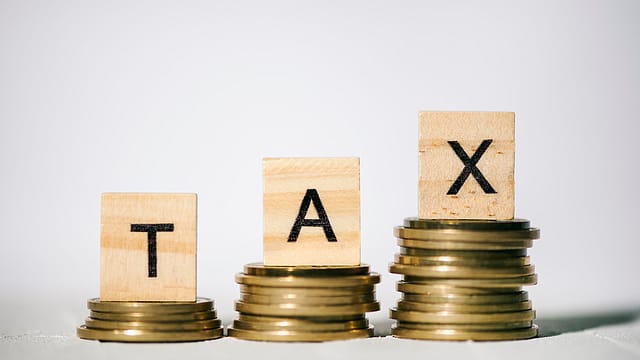Revised GST on key food items, hospital rooms, hotels from today
ADVERTISEMENT

From today, people will have to shell out more money for essential food items like atta, paneer, curd, rice, oats, organic food, pulses and bread as they'll attract 5% Goods and Services Tax (GST). Hospital rooms with rent above ₹5,000 and ostomy appliances will also attract 5% GST.
Those staying at hotels will also have to pay more as the GST Council has implemented a 12% tax on hotel rooms with tariffs of up to ₹1,000 per day. Items like charts and maps (atlases) will also be taxed at 12%. The government will also charge 18% GST on tetra packs and on cheques issued by banks.
On a 12% tax levy on small hotels and accommodation facilities charging room rent up to ₹1,000, Anjali Singh, consumer analyst at GlobalData, says the move will deal a heavy blow to India’s budget hotel industry, which saw annual revenues nosedive by 70% in 2020 due to Covid-19.
January 2026
Netflix, which has been in India for a decade, has successfully struck a balance between high-class premium content and pricing that attracts a range of customers. Find out how the U.S. streaming giant evolved in India, plus an exclusive interview with CEO Ted Sarandos. Also read about the Best Investments for 2026, and how rising growth and easing inflation will come in handy for finance minister Nirmala Sitharaman as she prepares Budget 2026.
“...(this) will push up the overall travel costs for low-budget guests, who are already tackling spiralling food and fuel inflation. As a result, guest traffic will be redirected to small-scale hotels with annual revenues under ₹20 lakh ($25,067), which are exempted from GST. In areas where such facilities are insufficient or inadequate, travellers may be tempted to seek unregulated accommodation, or even curtail their travel plans."
The GST rate has also been hiked on printing, writing or drawing ink, cutting blade knives, paper knives and pencil sharpeners to 18%. Printing, water pumps, deep-tubewell turbine pumps, submersible pumps, dairy machinery, e-waste, and work contracts for roads, bridges, railways, metro, effluent treatment plants, and crematoriums will also attract 18% GST from today.
More items included in the 12% GST slab are solar water heaters, tender coconut water, finished leather products, and bio-medical waste treatment facilities. The decision to revise GST rates on a host of items was taken during a GST Council meeting last month, in which tax rates were rationalised to remove an inverted duty structure.
Finance minister Nirmala Sitharaman, announcing the decisions taken in the 47th GST Council meeting in Chandigarh, had also decided to defer bringing online gaming, casinos and horse racing under GST for now.
The current GST levy will increase the prices of some of these essential items further, putting an additional burden on the common man while feeding into inflation. However, it may increase the government's GST revenue.
The gross GST revenue collection in June 2022 stood at ₹1,44,616 crore, which is the second-highest after April's collection of ₹1,67,540 crore. The GST collection for June 2022 is 56% higher than the ₹92,800 crore revenue in June 2021. This is the fifth time monthly GST collection crossed the ₹1.40-lakh-crore mark since the inception of the indirect tax regime.
Amid this, inflation remains the biggest worry for the government right now. The Reserve Bank has already said India's monetary policy committee will be able to bring inflation back to target in a two-year time span.
India’s retail inflation, measured through consumer price index (CPI), slightly moderated to 7.01% in June 2022 from 7.04% in May this year, shows government data. The headline inflation print was at 6.26% in the same month last year. This marks the sixth month that retail inflation remained above the tolerance band of 2-6% recommended by the Reserve Bank.
